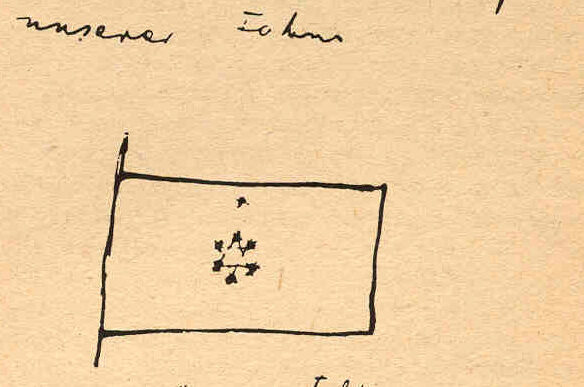
“Emily in Paris,” the new and much talked-about comedy from Netflix, tells the story of Emily, an amiable but very American woman, who tries to get used to French culture. With a keen eye, she examines the restaurants, the landscapes, the cafes, and especially the French men. She manages to do all of this during her lunch breaks from work at an advertising agency.
The series shows plenty of linguistic misunderstandings, and it highlights France and America’s differing attitudes toward love. It also shows the gap between Euro-French work culture and American careerism. Arrive at work at 10:30? Have an affair during lunch break? What about eating in a hurry at the keyboard in the office? What about working overtime? What happened to emails from your boss before bed?
The series lightly ridicules France’s work culture, which sanctifies the balance between leisure and work. Emily does not understand why her friends forbid her to go to work early, or talk about work during social gatherings, over a glass of wine in the evening.
The Israeli viewer, whose 42-hour work week is one of the longest in the world, will probably have a hard time understanding how it is possible to base an economy on a French work week of only 35 hours. How can you build a career like that? But the results indicate that the French are doing something right. The productivity per hour of work in France is almost double that of Israel.
The French, with their shortened work week and with their long lunch breaks, are actually living out a very Zionist idea. "The time limit for work is seven hours!" Benjamin Ze’ev Herzl wrote in his book The Jewish State in 1896. The idea was so fundamental to Herzl's vision that he even proposed that it become the flag of the Zionist movement: a seven-star flag to represent seven hours of work.

Herzl proposed splitting the work day into two shifts of three and a half hours, with a rest in between. He wrote: "In three and a half hours a healthy person will be able to do a lot of heavy work, and after resting for three and a half hours, he will return to work. Such workers will be able to work wonders."
The rest time, according to Herzl, would be dedicated to physical rest, to the worker’s family, to professional training, and even to hobbies and community life.
After the establishment of the Jewish state, Israelis abandoned more than Herzl’s seven-star flag. Today, Israel’s work week is among the longest in the Western world. Unsurprisingly, Israel is also lagging behind in terms of productivity per hour of work. The average Israeli worker works close to 1,900 hours a year, compared to about 1,500 hours per worker in France. The productivity of the Israeli per hour of work is $36.60, while the productivity of a French worker is just over $60 per hour.
Recently, the chairman of the Histadrut, Arnon Bar-David, voiced his support for a shortening of the Israeli work week, as a mechanism to help bring the Israeli economy out of the crisis brought on by the coronavirus pandemic. Allowing Israelis to devote more time to family, culture, and recreation would translate into increased consumption in the industries most affected by the crisis.
Other Western countries are now working to shorten the work week, in part as a response to reducing the unemployment problem caused by the pandemic. In Finland, for example, the prime minister proposed shortening the working week from just 36 to 30 hours, with the government subsidizing workers' wages for a period of several years. In New Zealand, the prime minister has said that she supports a four-day work week.
Perhaps the coronavirus crisis can be an opportunity to reconnect with the platform of the Zionist movement in its infancy, which was written more than 120 years ago and, surprisingly, represents the leading trends in the Western world today.






